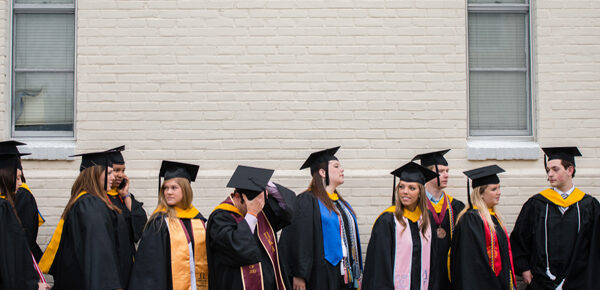Report: Is the University Next Door the Way to Upward Mobility?
Title: Is the University Next Door the Way to Upward Mobility?
Author: Jorge Klor de Alva
Source: American Enterprise Institute (AEI)
Americans have long considered upward mobility as one of the paramount benefits of a college education. With bachelor’s degree holders earning nearly 74 percent more in wages than those with a high school diploma, realizing the American dream often relies on a formal postsecondary education.
However, great disparities exist between outcomes for students based on a wide range of factors, including demographic characteristics and differences in choice of study and the institutions that students attend. AEI investigated factors that might explain such variation in mobility rates in their latest report, “Is the University Next Door the Way to Upward Mobility?” Taking a specific look at comprehensive universities—public institutions that primarily enroll students who live near the campus—AEI found upward mobility ranges from around 30 percent to over 70 percent at both competitive and less selective institutions.
The report further demonstrates that while students who attended comprehensive schools often realize the benefit of upward mobility, downward mobility is sometimes even more dramatic. Nearly 11 percent of students in the sample who started in the top three quintiles fell to the lowest quintile. Of the 32 percent of students who began in the top quintile, over 21 percent dropped to the lowest two quintiles by the time they reached their 30s.
Overall, AEI highlights the strong link between social mobility and graduation, demonstrating the continued need for institutions and policy makers to focus on best practices for broad access institutions to help students complete their degree.
To learn more about the study findings and recommendations, click here.
—Jinann Bitar
If you have any questions or comments about this blog post, please contact us.


